
"Now what?" 是非常口語且白話的說法,意思接近於 "Now what do I do?" (現在我要做什麼?) 或是 "What's next?" (接下來呢?)
中文依情境可翻作「那現在咧?」「那現在怎麼辦?」「現在又是怎樣?」「那接下來要做什麼?」...等等。
情境影片:

"Now what?" 是非常口語且白話的說法,意思接近於 "Now what do I do?" (現在我要做什麼?) 或是 "What's next?" (接下來呢?)
中文依情境可翻作「那現在咧?」「那現在怎麼辦?」「現在又是怎樣?」「那接下來要做什麼?」...等等。
情境影片:
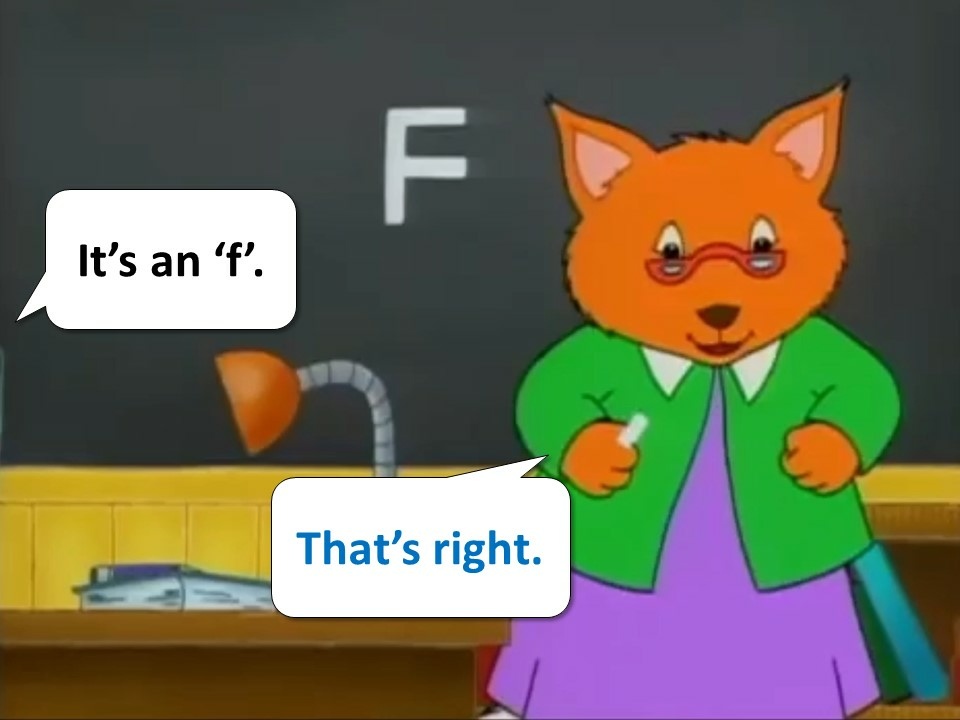
"That's right." 是表示贊同的附和語。
意思同於 You are right. (你是對的;你說的沒錯)
加強語氣可以說 That's exactly right. / You are exactly right.
換句話說:
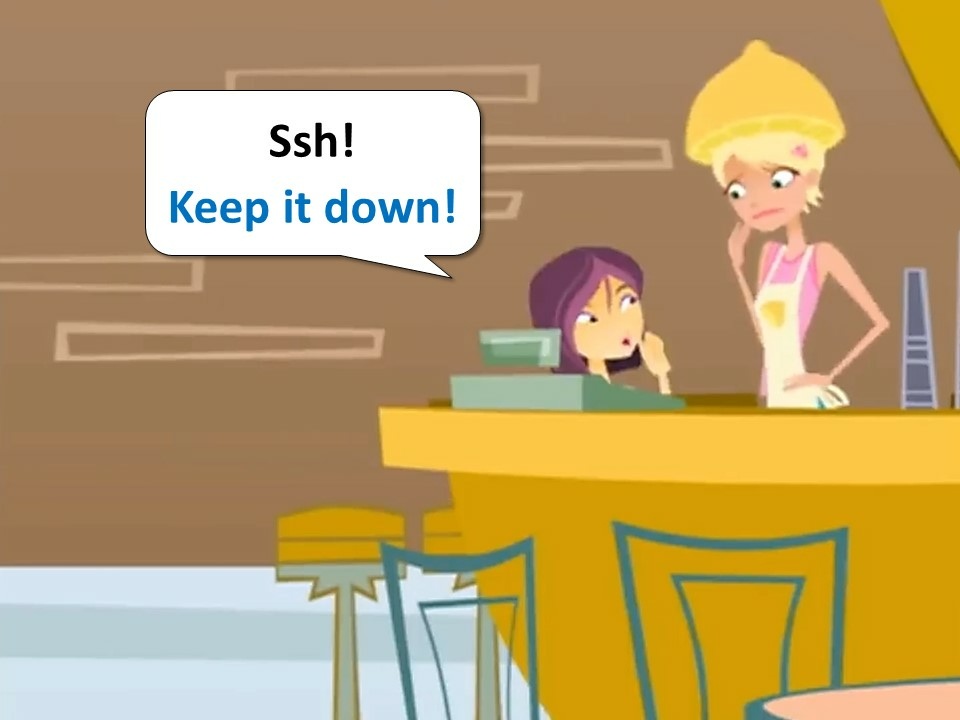
The phrase "to keep it down" means to be quieter or to stop making a noise.
這個片語的意思是「小聲點」或是「不要吵鬧」。
it 指的是 your voice (你的聲音) 或是 the noise (吵鬧聲)
keep your voice down 字面意思是「保持你的聲音在低處」

show me = "tell me" or "demonstrate it"
show me how = "tell me how to do it"
show 當動詞有「出示、示範、說明」等意思。
所以 show me 依情境可以表示「告訴我」、「示範給我看」或「說明給我聽」等意思。

"Have it your way."或是加強語氣"Have it your own way."
字面意思是「照你(自己)的方式來做」
表達出「我不干涉你,你想幹嘛就幹嘛」的感覺
就像中文說的「隨便你(們)」、「隨你(們)的便」

"To make a fool of oneself" means to do/say something that makes one seem silly, foolish or stupid.
When you make a fool of yourself, you embarrass yourself by words or actions.
oneself 為反身代名詞,可以是 myself (我自己), yourself (你自己), himself (他自己)...等等。
fool 在這裡當名詞,是「傻瓜」的意思。

If you're in a pickle, it actually means that you're in trouble.
You find yourself in a difficult situation.
pickle (n.) 泡菜;在此引申為 trouble (麻煩)
"in a pickle" 字面意思是「在泡菜之中」,但其實是要表達「遇到麻煩了!」
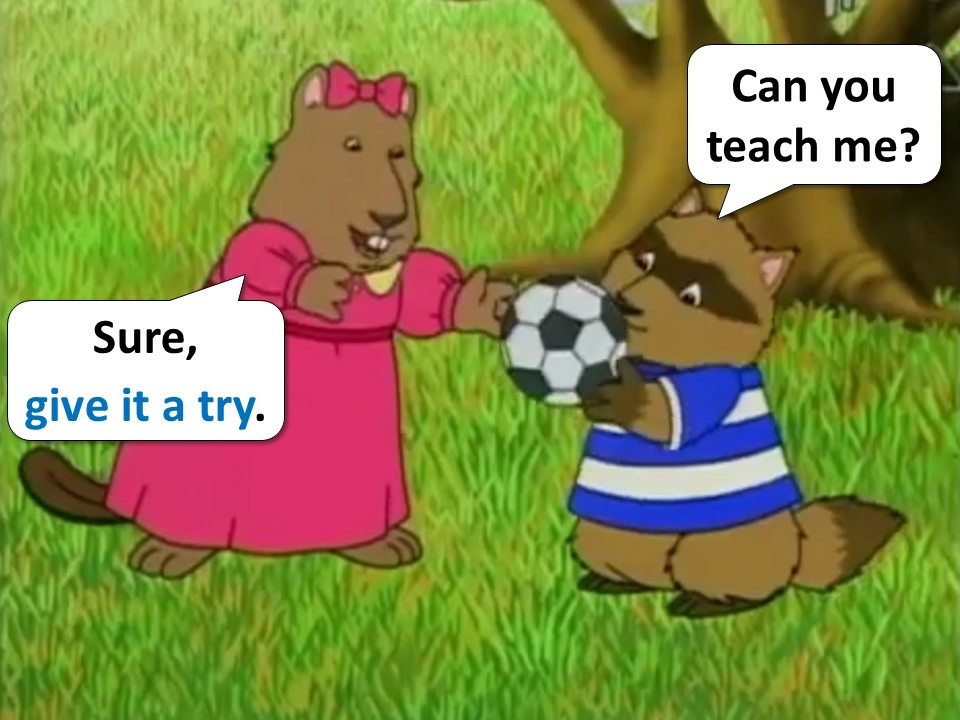
"To give something a try" means to do something, usually something you have not done before.
"Give it a try" 意思同於 "have a try" 或是 "try it",
表示「試試看」、「試一試」、「試它一試」。
換句話說:

guess (v.) 猜測
被對方說中了你想傳達的訊息,表示「你猜對了」、「你猜的沒錯」、「被你猜中了」
英文可以說 "You guessed it." 或是 "You guessed it right/correctly."
例句:
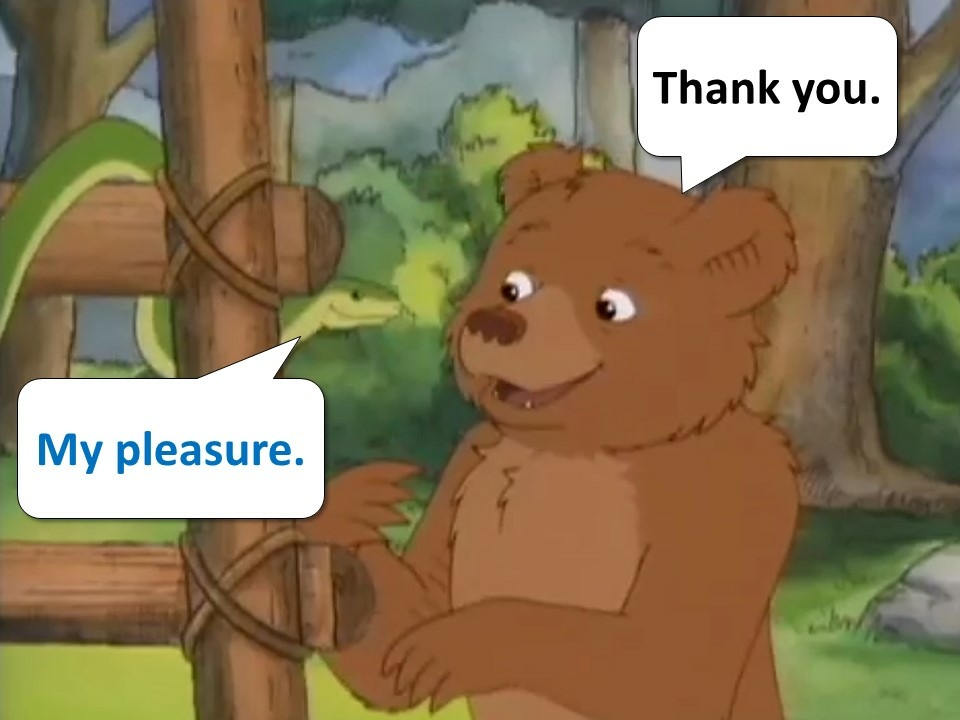
"My pleasure" 或是 "It's my pleasure."
是既正式又很有禮貌地表達「這是我的榮幸」。
當對方向你道謝的時候,就可以用這句短語來回應。
其意思等同於 "You're welcome." (不客氣)
“Mr. Brown Can Moo! Can You?” (1970) by Dr. Seuss
這是一本充滿了英文狀聲詞的繪本,
光看那些活跳跳的文字都覺得聽得到聲音,
非常生動呢!
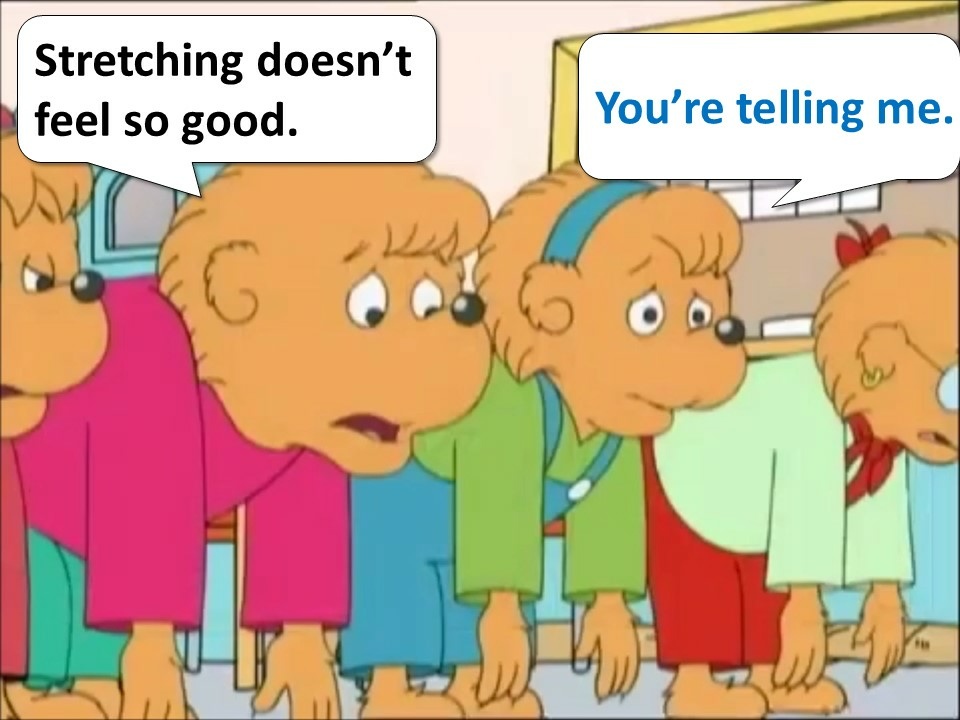
We use this expression "you're telling me" to show that you completely agree with what another person has said. "You're telling me" is a way really of saying you don't need to tell me. It's obviously true, or I already know that because I have personal experience with that.
"You're telling me." 字面上是「你正在告訴我」,其實是想表達「我完全同意你說的」。其言下之意是「就算你不說我也知道,因為事實就擺在眼前」,或是「我有這方面的經驗,這還需要你來告訴我嗎?」
情境例句:
A: Houses are expensive in Canada.
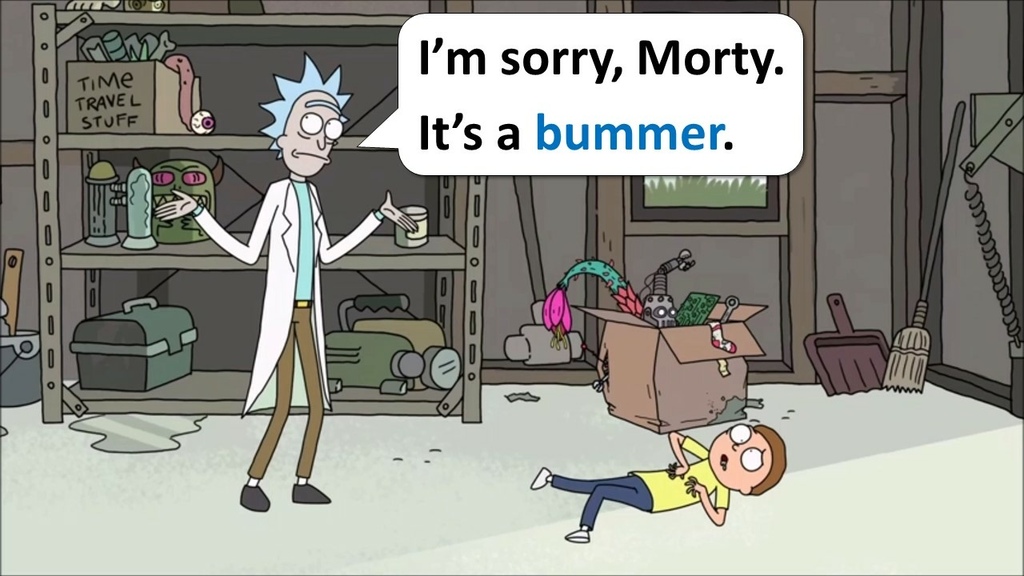
A "bummer" is a slang term meaning a disappointment; something that one feels bad about.
"Bummer" 是口語中的俚語,意思是「令人失望或令人不快的事物」。
中文可翻作「掃興」、「討厭」、「糟糕」、「令人失望」…等等。
換句話說:

better (adj.) 比較好的
better 是 good 的比較級:good-better-best
"much better" 表示「好多了」
"so much better" 就表示「好太多了」

直譯:我懷疑
doubt [daʊt] (v.) 懷疑、不相信
"I doubt it." 或 "I doubt that." 的 "it" 和 "that" 指的是某件事。
當你說 "I doubt it/that." 就表示你對某事抱持著懷疑的態度。

"Will do." 是 "I will do that." 的省略形式,表示「我會照你說的去做」。
相當於「好的、可以的、沒問題、我會的」等意思。
換句話說:
No problem. (沒問題。)
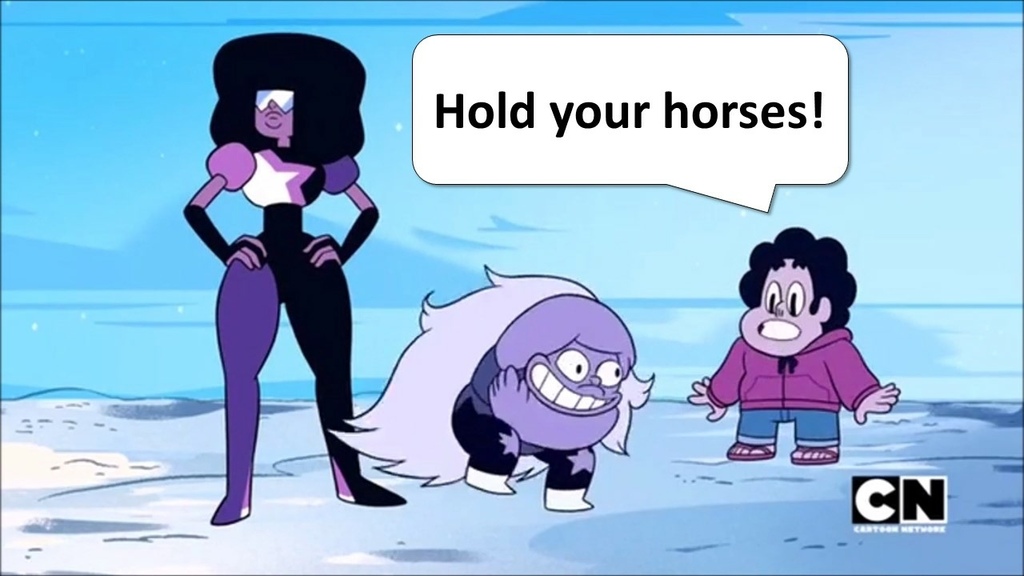
直譯:勒住你的馬
想像有個人正駕著馬車,馬兒一股腦的想要往前衝,
但你要對方別急、別衝動,於是對他說 "Hold your horses!"
這個英文慣用語在生活中,引申為要對方「別急、有耐心點、慢慢來、再等等、沉住氣」等意思。

常用在提出建議或想法後,問對方 "What do you say?",想知道對方同意或不同意、接受或不接受。
換句話說:
What do you think? (你覺得呢?)
What do you think of my idea? (你覺得我的想法怎麼樣?)